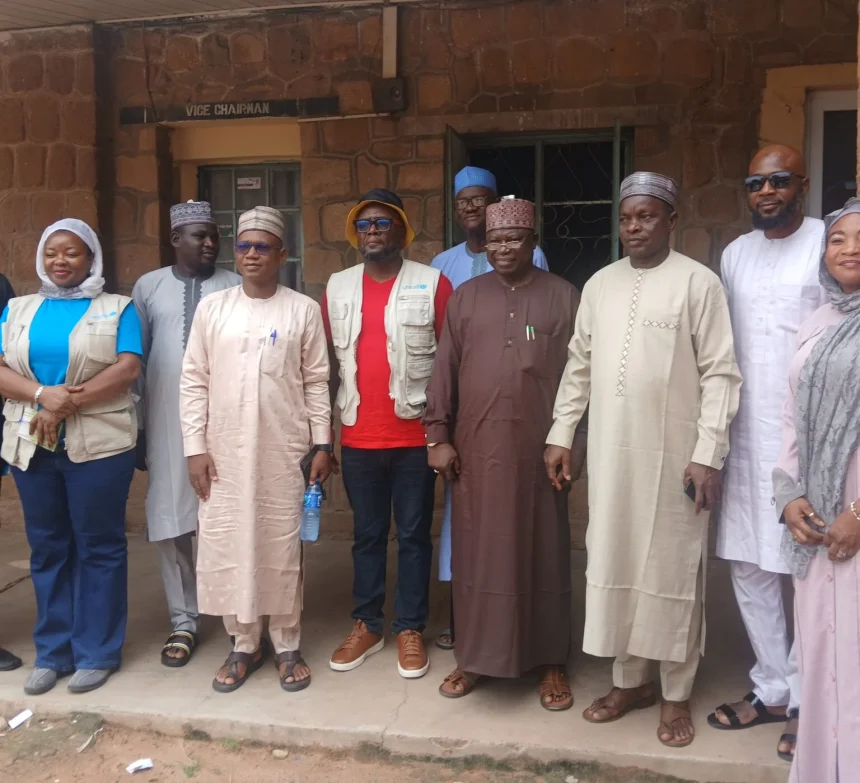“We are committed to supporting all programmes, especially the Fathers for Good Health initiative, which aims to improve household health outcomes,” he said.
He noted that Adamawa currently ranked high in non-compliance with routine immunisation and said the new initiatives would promote awareness and cooperation, particularly through increased male involvement.
Similarly, Alhaji Farouq Mohammed of Ganye LGA commended UNICEF’s community-based interventions and pledged full local government support.
“These initiatives are timely and critical to our people’s well-being.
“Ganye LGA will ensure the necessary resources are provided to attain ODF status and improve the overall health of our communities,” he said.
Mrs Nanbam Michael, UNICEF Water, Sanitation and Hygiene (WASH) Officer, stated that Nigeria currently ranked highest in the world for open defecation.
She noted that the Clean Nigeria: Use the Toilet campaign, led by the Office of the Vice President, was a national effort to reverse the trend.
“All three LGAs are currently classified as open defecation zones.
“We urge the Chairmen to adopt and implement this campaign in their localities to help Nigeria move from OD to ODF status,” she said.
Michael highlighted benefits of the campaign, such as improved toilet facilities in homes, markets, parks, and business areas, which would help reduce cholera outbreaks and disease burden.
She also encouraged engagement with toilet business owners through Public-Private Partnerships (PPP) to increase toilet access, boost employment, and improve hygiene standards.
Also speaking, Mr Eki George, UNICEF’s Social Behaviour Change Specialist, said male involvement was key to improving health outcomes, especially in rural areas.
“Our research shows many women rely on their husbands’ permission before seeking immunisation or healthcare services for their children.
“Men also influence decisions about nutrition and school enrolment,” George explained.
He noted that the Fathers for Good Health initiative had already achieved success in Gombe, Bauchi, and Plateau States, and would now be formally inaugurated in Shelleng, Yola South, and Ganye LGAs.
“Ten men will be selected at the ward level to support efforts in immunisation, nutrition, education, and birth registration,” he said.
George also assured the Chairmen of UNICEF’s continued technical support, including the training and equipping of local artisans to construct and upgrade household toilets, and the mobilisation of male resource groups for sustained impact.



